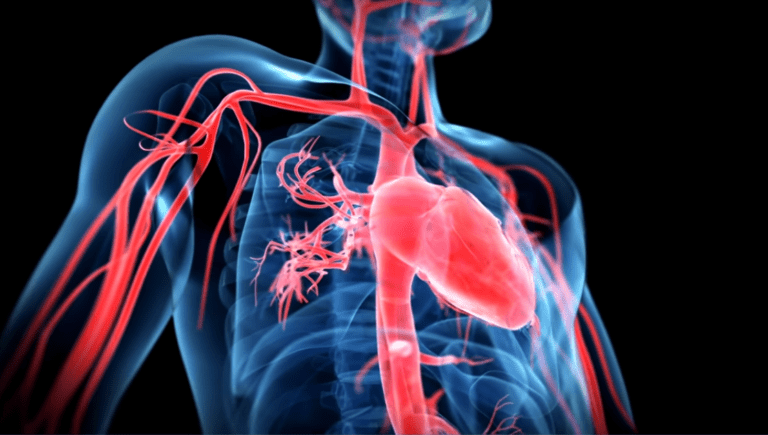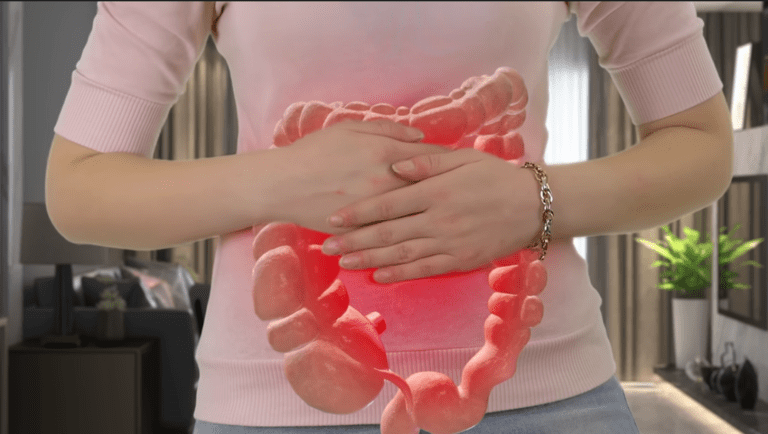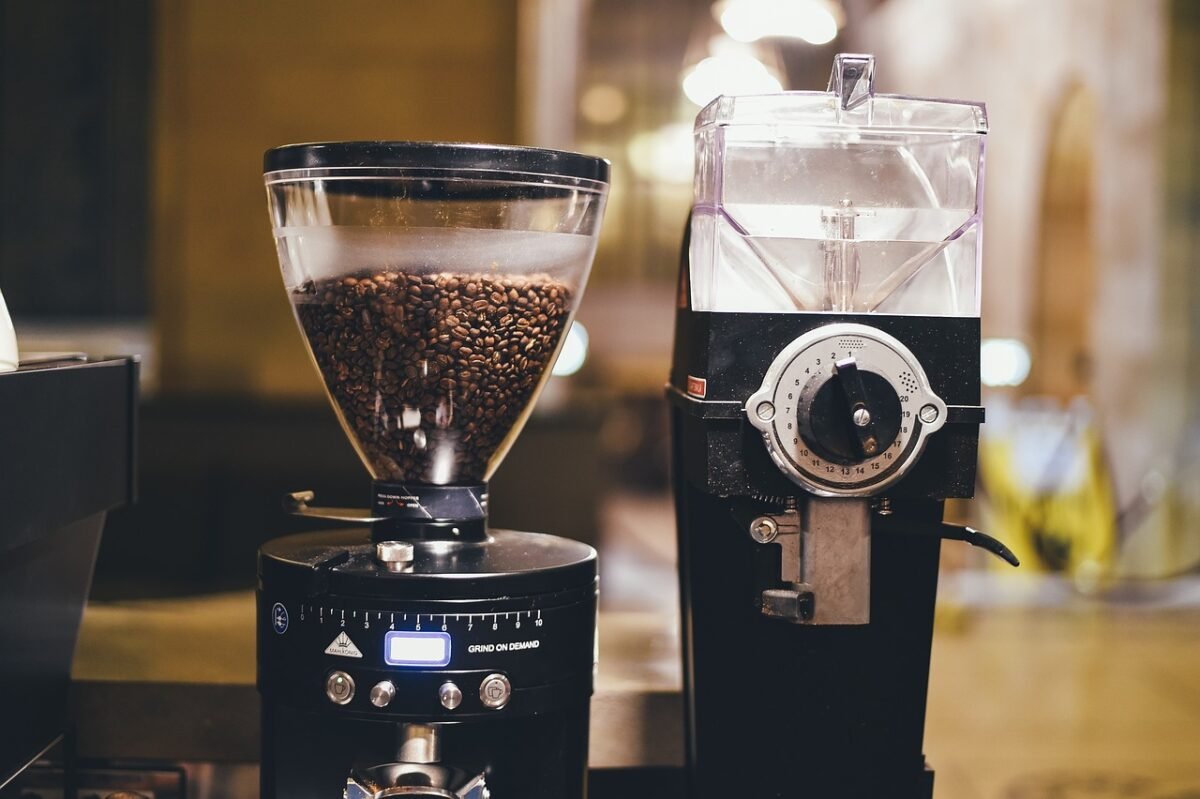Coffee—it’s the fuel that gets millions of us out of bed each morning. But beyond the aroma and that initial energy boost, what really happens inside your body when you sip your daily cup (or three)? In this 2026 science-backed guide, we dive deep into how coffee affects your brain, heart, metabolism, hormones, and even your mood. Whether you’re a casual drinker or a full-blown coffee addict, here’s what you need to know—both the good and the bad.
Quick Overview: Coffee at a Glance
| Effect Area | Benefit | Possible Side Effect |
|---|---|---|
| Brain & Alertness | Increases focus, reduces fatigue | May cause anxiety or sleep issues in sensitive people |
| Metabolism | Boosts fat-burning and energy levels | Can spike cortisol if overconsumed |
| Heart Health | Rich in antioxidants, may reduce stroke risk | Excessive intake may increase blood pressure |
| Digestion | Stimulates bowel movement and bile production | Can cause acid reflux in some |
| Hormones | Improves insulin sensitivity short term | May disrupt cortisol and estrogen balance long term |
10 Proven Health Benefits of Coffee

1. Boosts Mental Alertness
Caffeine blocks adenosine receptors in your brain, increasing dopamine and norepinephrine. This gives you better concentration, memory, and reaction time—ideal before a big meeting or morning workout.
According to a Harvard study, moderate coffee drinkers performed significantly better on memory and cognitive tasks. [source]
2. Improves Physical Performance
Caffeine increases adrenaline levels, which prepares your body for intense physical exertion. That’s why many athletes drink black coffee before a workout—it boosts endurance by up to 12%.
3. Rich in Antioxidants
Coffee is loaded with polyphenols and hydrocinnamic acids, which fight inflammation and oxidative stress. In fact, for many people, coffee is the largest source of antioxidants in the diet—more than fruits and veggies combined.
4. Supports Heart & Liver Health
Multiple studies suggest that regular coffee consumption is linked to a reduced risk of heart disease, liver fibrosis, and cirrhosis. Moderate intake (2–4 cups/day) may lower the risk of stroke by 20%.
5. May Reduce Risk of Type 2 Diabetes
Coffee improves insulin sensitivity and lowers fasting blood sugar in the short term. According to the American Diabetes Association, long-term coffee drinkers have a 23–50% lower risk of developing type 2 diabetes.
6. Helps Burn Fat & Boost Metabolism
Caffeine stimulates the central nervous system, increasing thermogenesis and fat oxidation. That’s why it’s often an ingredient in fat-burning supplements.
7. Lowers Risk of Neurodegenerative Diseases
Regular coffee intake is associated with a reduced risk of Alzheimer’s and Parkinson’s disease. Researchers believe it’s due to its neuroprotective antioxidant effects and dopamine regulation.
8. Protects Against Depression
Several studies link coffee consumption to a lower risk of depression and even suicide prevention. The caffeine helps stimulate serotonin and dopamine, improving mood and emotional well-being.
9. Promotes Gut Health
Coffee can increase bile flow and stimulate digestion. It may also support beneficial gut bacteria (depending on how it’s brewed).
10. Potential Longevity Boost
A massive meta-analysis in 2024 found that moderate coffee drinkers live longer than non-drinkers. The study followed over 400,000 people and found a significant reduction in all-cause mortality.
Possible Side Effects of Coffee You Shouldn’t Ignore

While coffee has tons of health benefits, it’s not all good news. Overconsumption or sensitivity can lead to issues, especially in the long term.
1. Anxiety and Sleep Disruption
High doses of caffeine can overstimulate your nervous system, causing jitteriness, racing thoughts, and insomnia. Avoid drinking coffee after 2–3 PM if you’re prone to these effects.
2. Digestive Issues
Coffee is acidic. It can cause stomach discomfort, especially if you drink it on an empty stomach. People with GERD or IBS may notice bloating or reflux.
3. Increased Blood Pressure
Caffeine may temporarily increase blood pressure, especially in people who are sensitive or already hypertensive. If you have cardiovascular concerns, discuss coffee intake with your doctor.
4. Hormonal Imbalance (Especially in Women)
Too much coffee may interfere with estrogen levels and adrenal function over time. This is particularly important for women dealing with PCOS, thyroid issues, or irregular cycles.
5. Dependence and Withdrawal
Caffeine dependence is real. Abruptly stopping coffee may result in headaches, fatigue, irritability, and even flu-like symptoms for a few days.
How Much Coffee Is Safe Per Day?

According to the FDA, up to 400 mg of caffeine per day (about 3–4 cups of brewed coffee) is generally safe for most healthy adults.
However, keep in mind:
Pregnant women: ≤200 mg/day
People with anxiety or heart conditions: May need much less
Teenagers: Should avoid regular caffeine use
Decaf Coffee: Is It Better?

Decaf still contains antioxidants and small amounts of caffeine—usually 2–5 mg per cup. It’s a great option for those sensitive to caffeine but still want the ritual and taste.
Just ensure you’re choosing a decaf that’s Swiss Water Processed (chemical-free). Try Kicking Horse Decaf for an organic, dark roast that doesn’t taste flat.
What Happens to Your Body Hour by Hour?
Here’s a simplified timeline of what happens after you drink coffee:
| Time After Drinking | What Happens |
|---|---|
| 0–10 min | Caffeine enters your bloodstream |
| 30 min | Peak caffeine level—energy, alertness kick in |
| 1–2 hours | Increased concentration, better mood |
| 3–5 hours | Fat-burning, diuresis (you’ll need the bathroom!) |
| 6–8 hours | Effects wear off, but still traces in your system |
| 10–12 hours | Sleep may be affected, especially if sensitive |
Tips to Enjoy Coffee Safely
Stick to black or lightly sweetened coffee – avoid high-sugar, syrupy drinks
Use filtered brewing methods – reduces diterpenes that may raise LDL cholesterol
Drink after a meal – protects stomach lining
Cycle your intake – 1–2 caffeine-free days/week help reset tolerance
Final Thoughts: Should You Keep Drinking Coffee?
Absolutely—if it works for your body. For most people, coffee is a healthful, energy-boosting beverage packed with antioxidants and mental clarity benefits. But like anything, moderation and personal tolerance are key.
If you’re jittery, anxious, or having trouble sleeping, it might be time to reassess how much you’re drinking—or what time of day you’re drinking it.
FAQs – Coffee & Your Body
Q: Is coffee dehydrating?
A: No. Moderate intake does not cause dehydration. It still contributes to your fluid intake.
Q: Is coffee bad for your kidneys?
A: Unless you have advanced kidney disease, moderate coffee intake is considered safe.
Q: Can I drink coffee while pregnant?
A: Yes, but limit to 200 mg/day or less and consult your doctor.
Q: What’s the healthiest way to drink coffee?
A: Black, organic, and without added sugar or artificial creamers.




